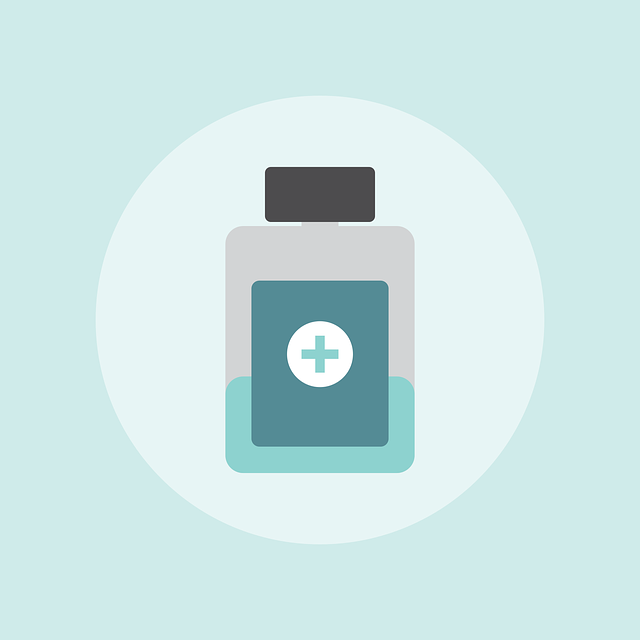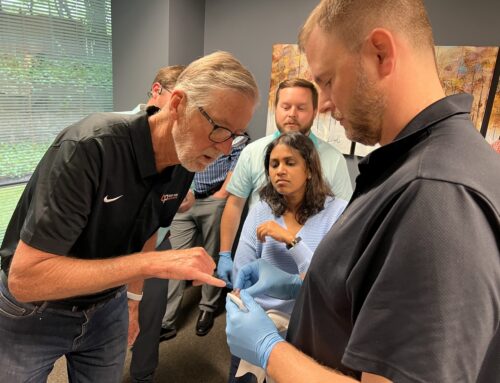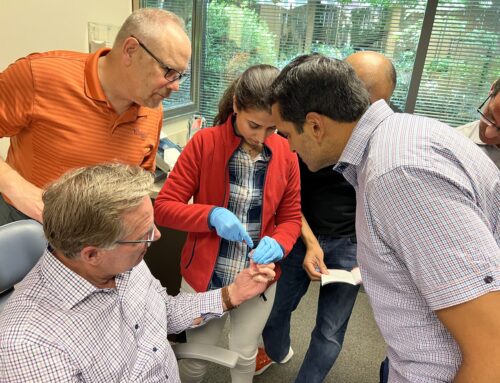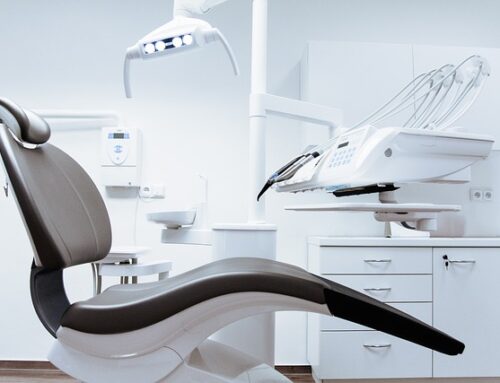When it comes to sleep apnea, the most common treatments include CPAP machines and oral appliances. But what if there was a medication that could help treat sleep apnea? US News recently reported that there may be a medication option available for patients with sleep apnea. Let’s take a look at what we know.
What is the medication?
The drug, sulthiame, is normally used to treat epilepsy. But researchers have found that this medication also appears to reduce breathing pauses by more than 20 events an hour in patients with sleep apnea.
How does this drug work? Well, sulthiame inhibits an enzyme that serves to maintain the balance of carbon dioxide in the body. This is important because, as the researchers note, some people suffer from “high loop gain,” which is an elevated sensitivity to blood levels of oxygen and carbon dioxide.
In fact, high loop gain is thought to contribute to sleep apnea in about one-third of patients with obstructive sleep apnea. For these patients, they are also more likely to experience a pause in breathing while asleep due to changes in their oxygen or carbon dioxide levels. In turn, this makes a person’s system very unstable. But with sulthiame, it helps to stop that.
The results
In a study of patients, researchers found that with sulthiame only half of their breathing pauses were left. To add to that, for one in five individuals, that number fell by at least 60%.
While the results are promising, it is important to note that the purpose of this initial study is to determine the safety of the drug. Looking at 60 people with moderate or severe sleep apnea, patients were randomly assigned to one of three groups: high dose, low dose and those receiving a placebo.
After a month, sulthiame was found to reduce the number of breathing pauses throughout the night. It also helped to promote oxygenation of the patient’s blood. The side effects include a headache and a pins-and-needles sensation on the skin, but no severe adverse outcomes were observed.
This is an ongoing study, but it sounds promising! What are your thoughts on a potential medication treatment for sleep apnea?






